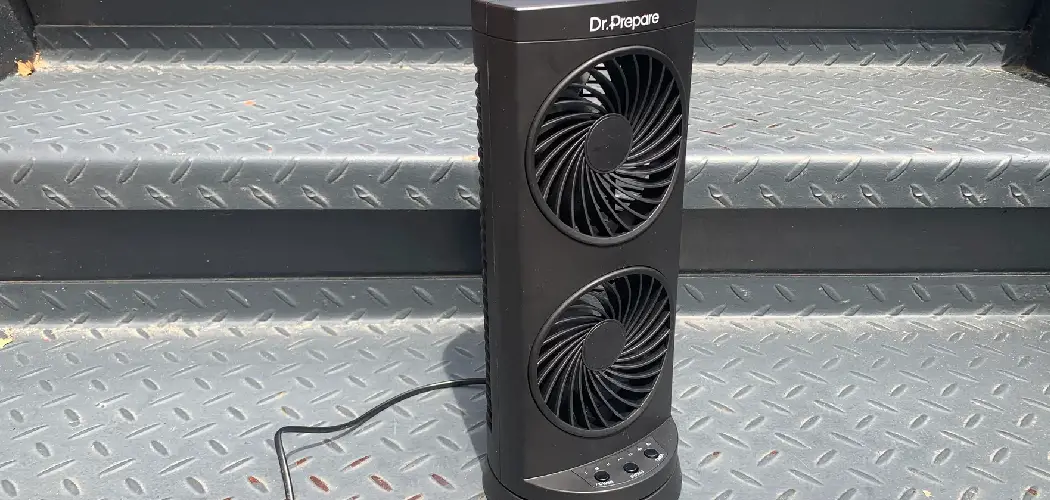Do you sometimes feel like the air in your basement is stuffy and stagnant? It’s no wonder, as basements are often sealed areas that could easily become breeding grounds for dust, debris, mold spores, and other airborne pollutants. The good news is that keeping a clean air environment in your basement doesn’t have to be an impossible task – with proper ventilation efforts and regular maintenance, you can reduce the number of dust particles and harmful contaminants floating around in your underground space.
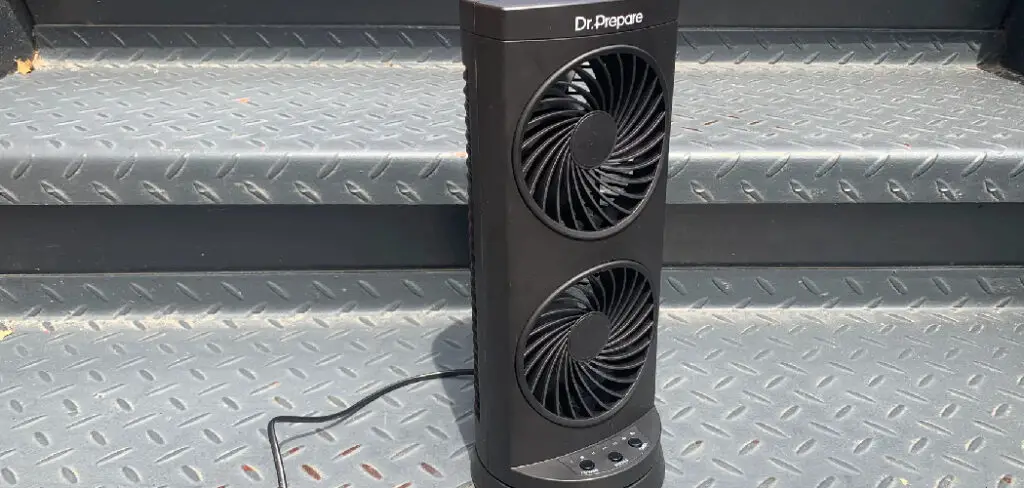
If you’re looking for tips on how to keep the air in your basement clean, then read on! In this blog post, we’ll explore some useful maintenance practices that can help ensure healthier breathable air is circulating throughout your entire living space. Read on to learn practical tips on how to keep basement air clean to create a healthier living atmosphere down below!
Why Do You Need to Keep Basement Air Clean?
1 To Avoid Illness
Basements are closed-off areas with minimal natural air ventilation which means that more dust particles and other pollutants can build up in the air faster than compared to other rooms. Without proper maintenance, basements can become havens for mold, mildew, bacteria, and allergens such as dust mites or pollen. Inhaling these particles over an extended period of time can cause respiratory issues, increased risk of illness, and airborne allergies.
2 To Prevent Damage
The dampness and lack of airflow in the basement can also cause humidity levels to rise, leading to moisture buildup and condensation. This can damage furniture, electronics, cabinets, clothing, wallpapers, paint jobs – basically anything that is left inside your basement will be prone to mildew or rust damage if you don’t take the time to keep the air clean.
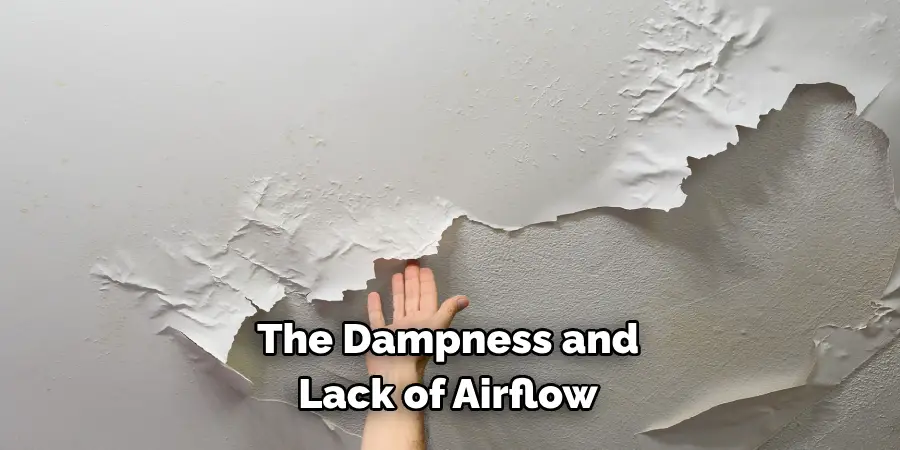
3 To Improve Home Air Quality
The air you breathe in your home is impacted by both indoor and outdoor sources. Keeping a clean basement will not only help reduce the number of dust particles that are present inside your living space, but it can also lessen the number of outside pollutants that enter through any cracks or openings in the walls or windows.
In order to create a safe environment that is free of dust and pollutants, it’s important to regularly clean out the air in your basement and keep it well-ventilated. Here are some tips for how to do just that.
Required Items
- Vacuum cleaner
- HEPA air purifier
- Dehumidifier
- Window fan
10 Steps on How to Keep Basement Air Clean
1. Vacuum
The first step to cleaning out the air in your basement is to vacuum up any dust, dirt, or debris that has accumulated on the floors and furniture. Use a vacuum cleaner with a HEPA filter to ensure that all the potential pollutants are adequately removed from the air.
2. Wipe Down Furniture
Wipe down any furniture in your basement with a damp cloth to remove any dust that may have settled on surfaces. Avoid using chemical-based cleaning products, which could release additional toxins into the air.
3. Clean Carpets
If you have any carpets in your basement, make sure to clean them regularly with a vacuum cleaner or steam cleaner to remove any dirt and debris that could be lurking deep within the fibers.
4. Open Windows
Open up the windows to allow fresh air into the room and create cross-ventilation. This will help dilute any potential pollutants in the air. Opening the windows for a minimum of 10 minutes at least twice a week is recommended.
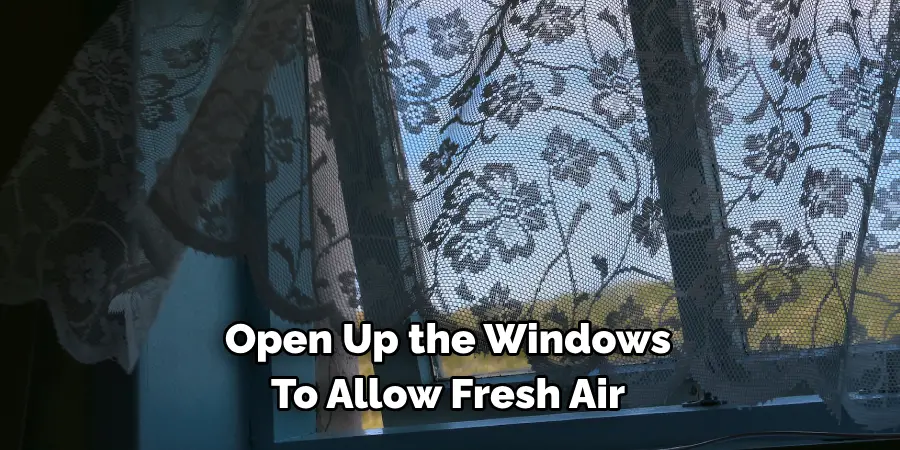
5. Install an Air Purifier
Installing a HEPA air purifier in your basement can help to filter out any airborne contaminants that may be lingering in the air as well as reduce levels of dust and pollen. Air purifiers should be used in conjunction with regular maintenance to ensure that the air remains clean and free of pollutants.
6. Install a Dehumidifier
If there is excessive humidity in your basement, then it’s best to install a dehumidifier to help reduce moisture levels and prevent mold or mildew from accumulating. This will also help to keep dust mites from breeding in the area.
7. Use a Fan
Install a window fan to allow for extra ventilation and help air out any musty smells that may be in the room. This will also help to circulate fresh air into the basement. Using the fan for a minimum of 10 minutes every other day is recommended.
8. Keep the Area Clean
Make sure to keep your basement tidy and free of clutter, as this will help reduce dust particles in the air and make it easier to vacuum up any debris that may accumulate over time. Keeping a dustpan and brush in the room is also recommended to help make quick work of any dirt that may settle on surfaces.
9. Use Natural Air Fresheners
If your basement has a musty smell, then it’s best to use natural air fresheners such as essential oils or cinnamon sticks instead of chemical-based products, which could potentially damage the air quality.

10. Monitor the Air Quality
Finally, it’s important to regularly monitor the air quality in your basement and keep an eye out for any signs of mold or mildew growth. If you notice any changes in the level of dust particles, pollen, or humidity, then make sure to take immediate action to address the issue before it becomes a bigger problem!
By following these 10 steps, you can ensure that the air in your basement is clean and free of pollutants. With regular maintenance and good ventilation practices, your basement can be a healthy living space for you and your family to enjoy. Keep these tips in mind to help maintain a clean air environment down below!
8 Maintenance Tips to Keep Basement Air Clean
Keeping your basement air clean is essential to maintain a healthy home. With the right measures, you can keep your basement free from mold and dust and reduce allergies and other respiratory issues. Here are 8 tips for keeping your basement air clean:
1. Install an Air Purifier
Investing in a quality air purifier will help keep your basement air clean. Make sure to look for a model that offers mechanical, electrostatic, and HEPA filters to eliminate dust particles, pet dander, mold spores, and other allergens.
2. Use a Dehumidifier
A dehumidifier is essential in keeping basements dry since it helps reduce indoor humidity levels. This will reduce potential problems related to mold growth. Dehumidifier models vary, so choose the right one for your needs.
3. Regularly Clean and Vacuum
To keep your basement air clean, regular cleaning and vacuuming will help reduce dust buildup. Use a vacuum with a high-efficiency particulate air (HEPA) filter to capture small particles of dust and dirt. Be sure to also deep-clean carpets and upholstered furniture every few months.
4. Keep Windows Closed
Open windows can allow debris, pollen, and other allergens to enter your basement from outside. Instead, use an exhaust fan in the bathroom or kitchen to help clear out moist air that can lead to mold growth in the basement.
5. Seal Cracks and Leaks
Check for any cracks or leaks around windows, doors, or walls that may be letting in outdoor air. Use weather stripping or caulk to seal these areas off and keep your basement air clean. Sealing these gaps will also help with energy efficiency.
6. Replace Air Filters
Most HVAC systems have a filter that needs to be replaced regularly. Look for air filters that are rated at least MERV 8 or higher. Keeping your air filter clean and replacing it as needed will improve the indoor air quality in your basement.
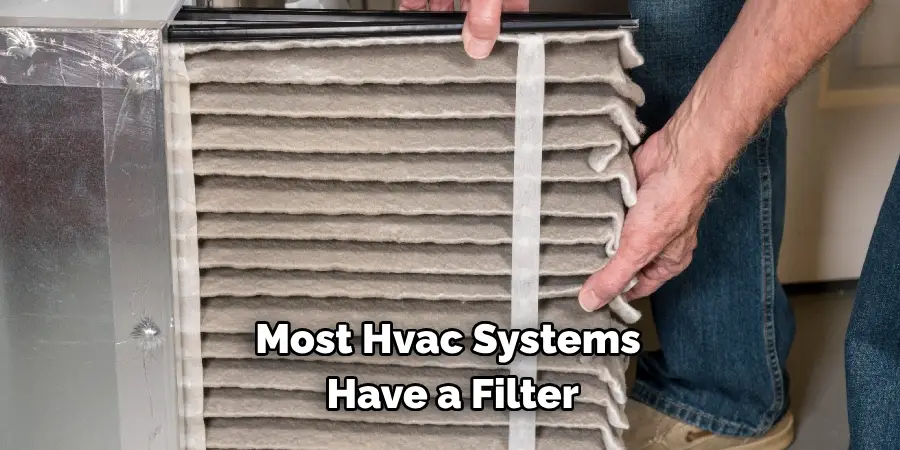
7. Inspect Your HVAC System
Your air conditioning and heating unit should be inspected annually to ensure that it is working properly. Have a professional inspect all the parts of your HVAC system, including ducts and exhaust fans, to make sure they are clean and free of dust or other debris.
8. Get Professional Assistance
Hiring a professional to assess the air quality in your basement can help identify and eliminate any potential problems. A certified specialist can inspect the basement, test for contaminants, and recommend solutions to keep the air clean.
Following these tips will help you maintain a healthy home by keeping your basement air clean. Regular maintenance and professional assistance are key to ensuring that your basement is free of allergens, mold, and other contaminants.
Conclusion
All in all, the tips and remedies mentioned above are essential to keeping your basement air clean and healthy for you and your family. With a little bit of effort and commitment, you can start enjoying the clean air of your basement! Don’t forget that periodically checking if moisture levels are normal is also important. Invest in a dehumidifier or a good fan to filter out excess moisture.
Make sure to follow these tips on how to keep basement air clean to stay safe from allergies, asthma symptoms, mold growth, and other similar problems that may arise due to poor air quality. And don’t neglect regular dusting, vacuuming, and cleaning – these are very important too! Lastly, make sure to take care of any pest infestations as soon as possible – don’t risk compromising the air quality of your home any longer! Make sure you go the extra mile when it comes to maintaining your basement in great condition for years to come. So what are you waiting for? Get started on keeping your basement air clean today!

